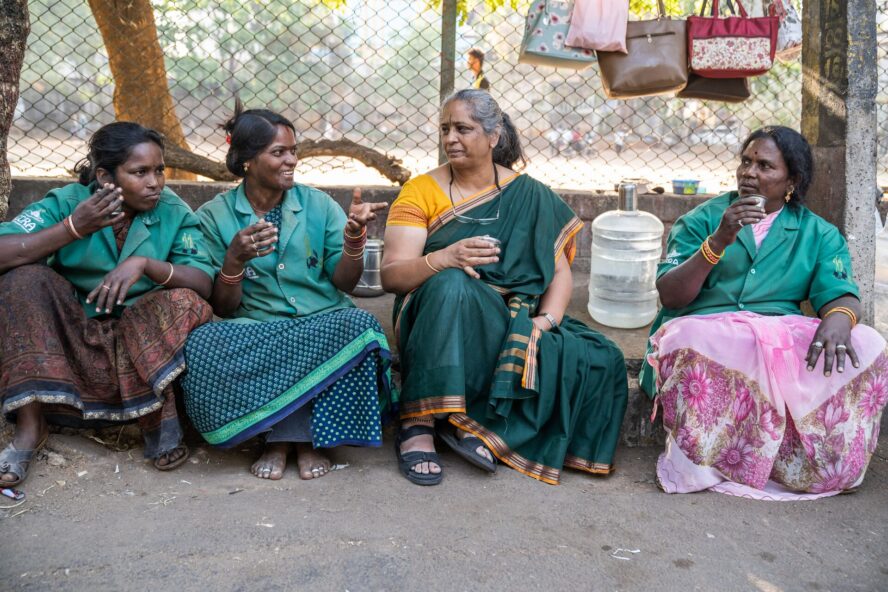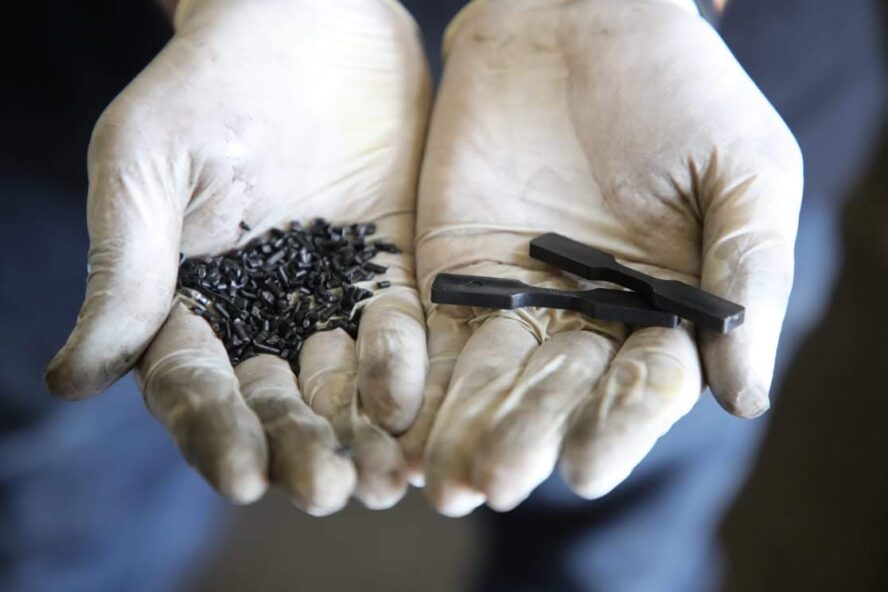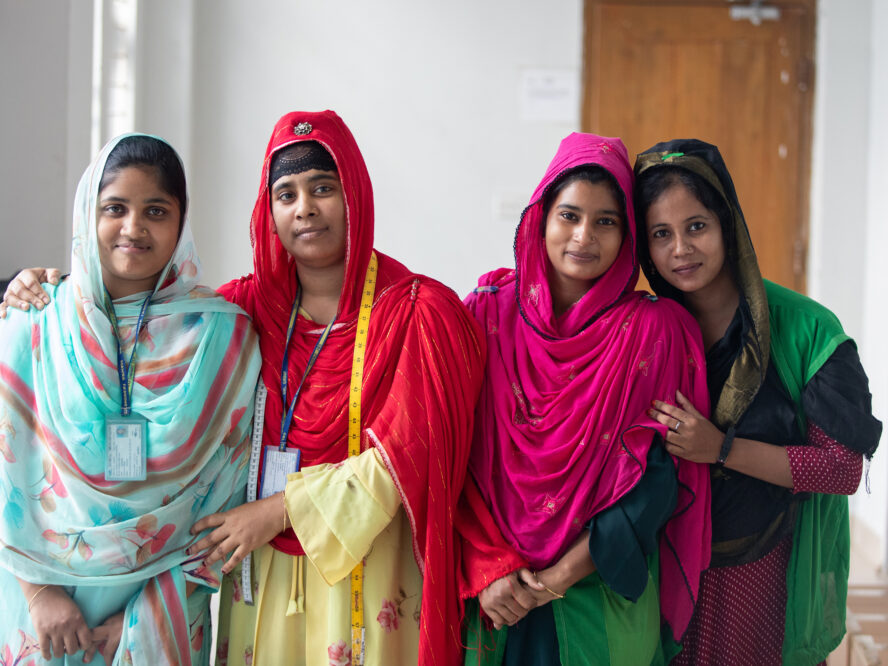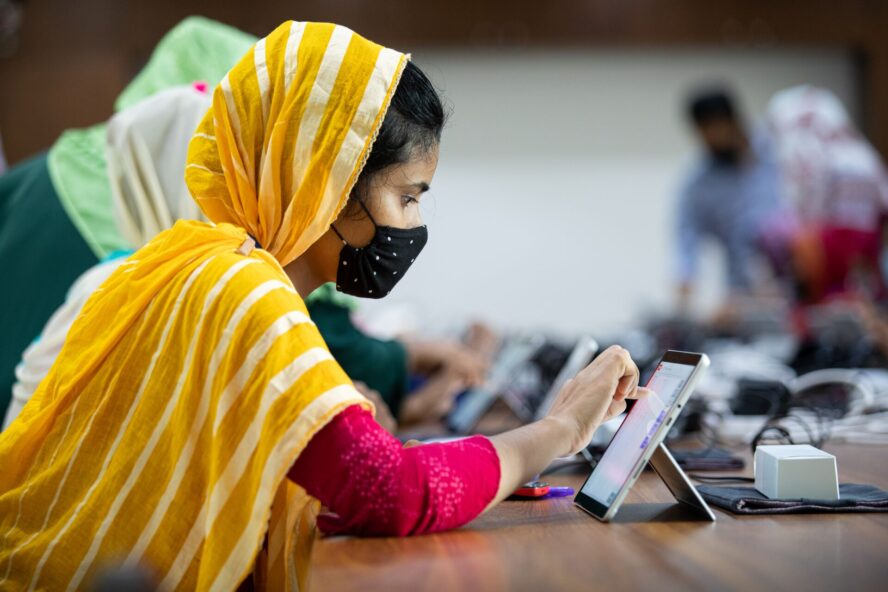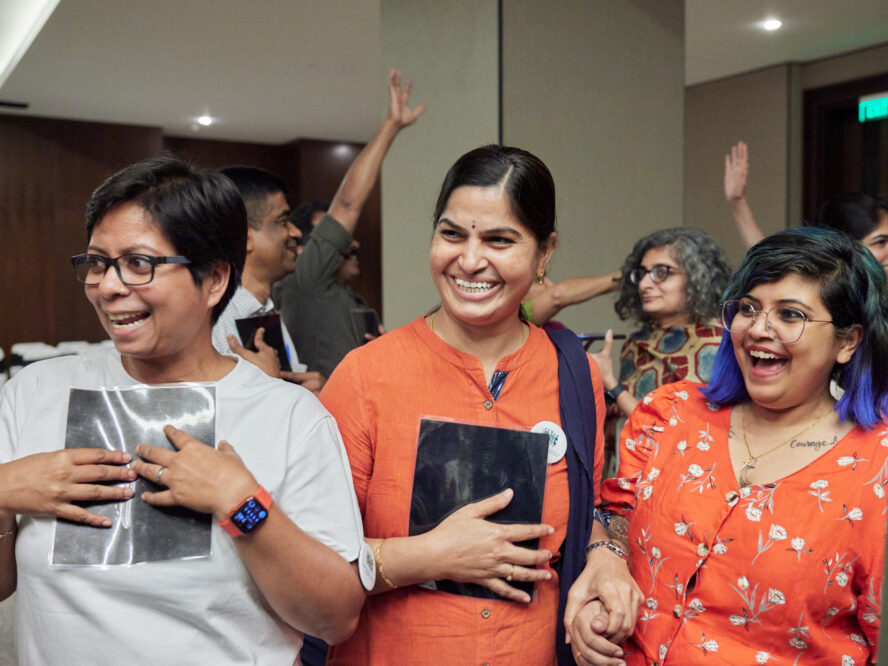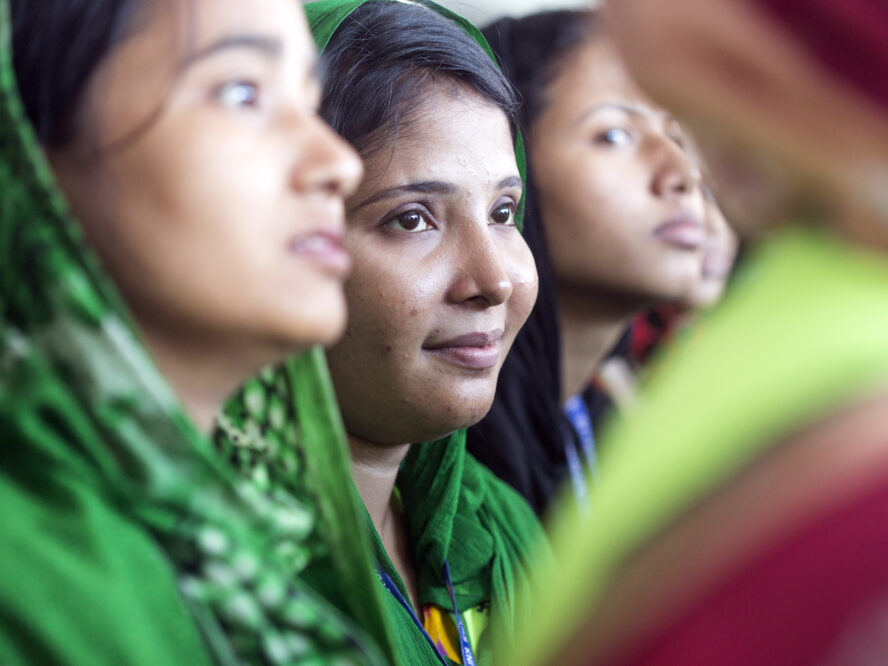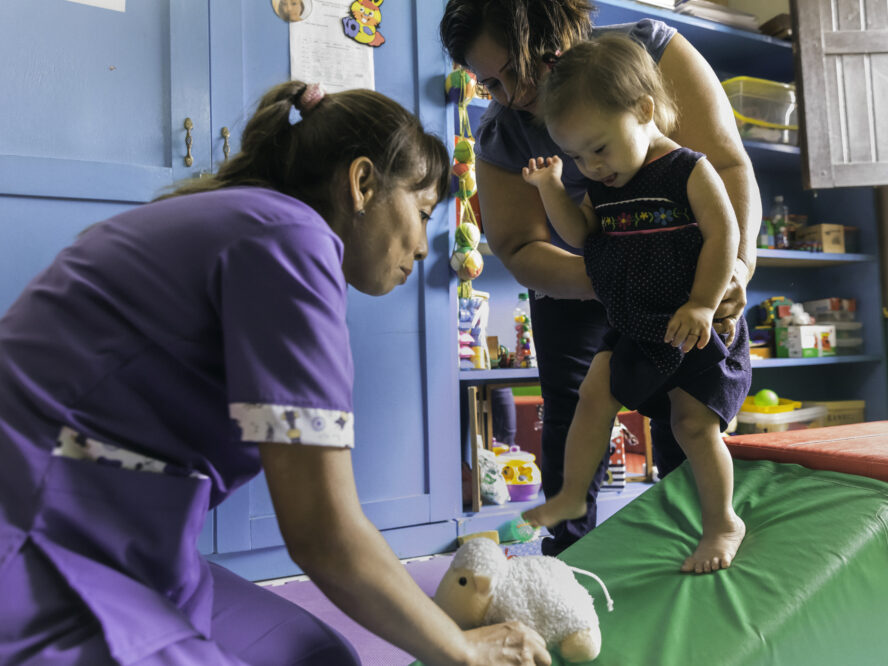Our projects within Inclusive Societies
The 2020s is the decade of action. It’s a time to find, support and scale the methods that create lasting change. Traditional development strategies aren’t creating the change required at the pace needed. So, we’re breaking with tradition.
Systems change requires collaboration
After years of working within the standard framework — where donors select thematic areas and donate funds to organisations focusing on them — we are diverting a majority of our resources to co-create initiatives using the collective impact method. It’s a method that unites cross-sectoral partners to solve complex social problems from the ground up.
It may not sound like rocket science — but it’s a paradigm shift.
Through iterative collaboration and fierce determination, we’re adamant that this method can challenge the systems upholding injustice and exclusion. It shifts the power balance and addresses deep-rooted social problems through co-creation and guidance from those with lived experiences of the systems needing change.
Right now, the H&M Foundation works with informal waste pickers in India and women garment workers in Bangladesh. Through active contribution from members of these communities, we have co-designed eco-systems of local experts, international and grassroot non-profits, governmental bodies and knowledge partners to work collectively and transparently towards shared goals.
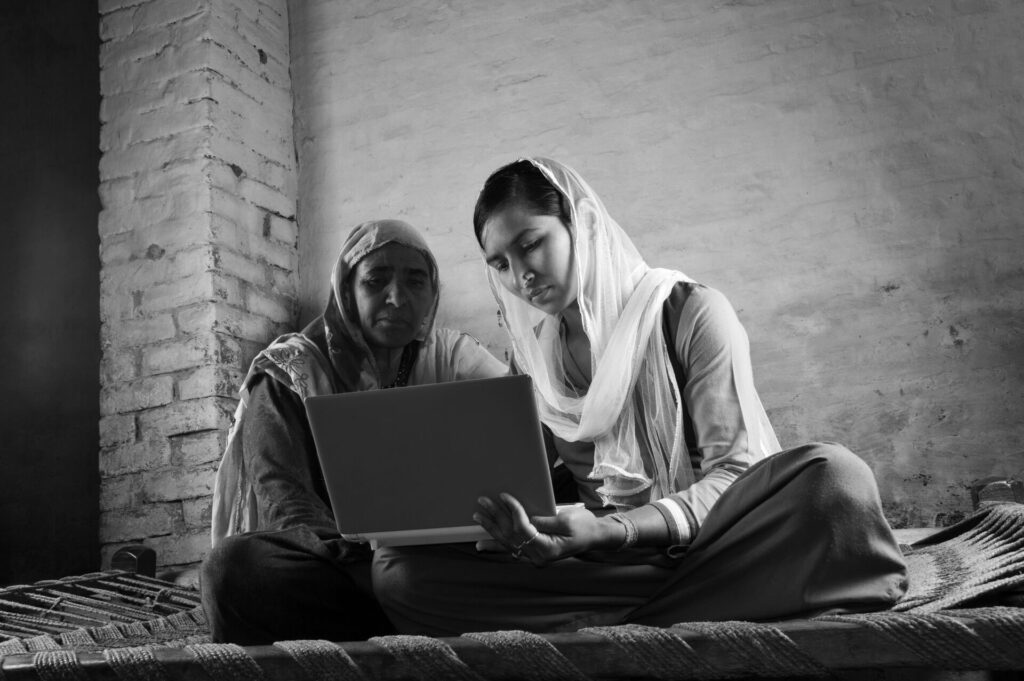
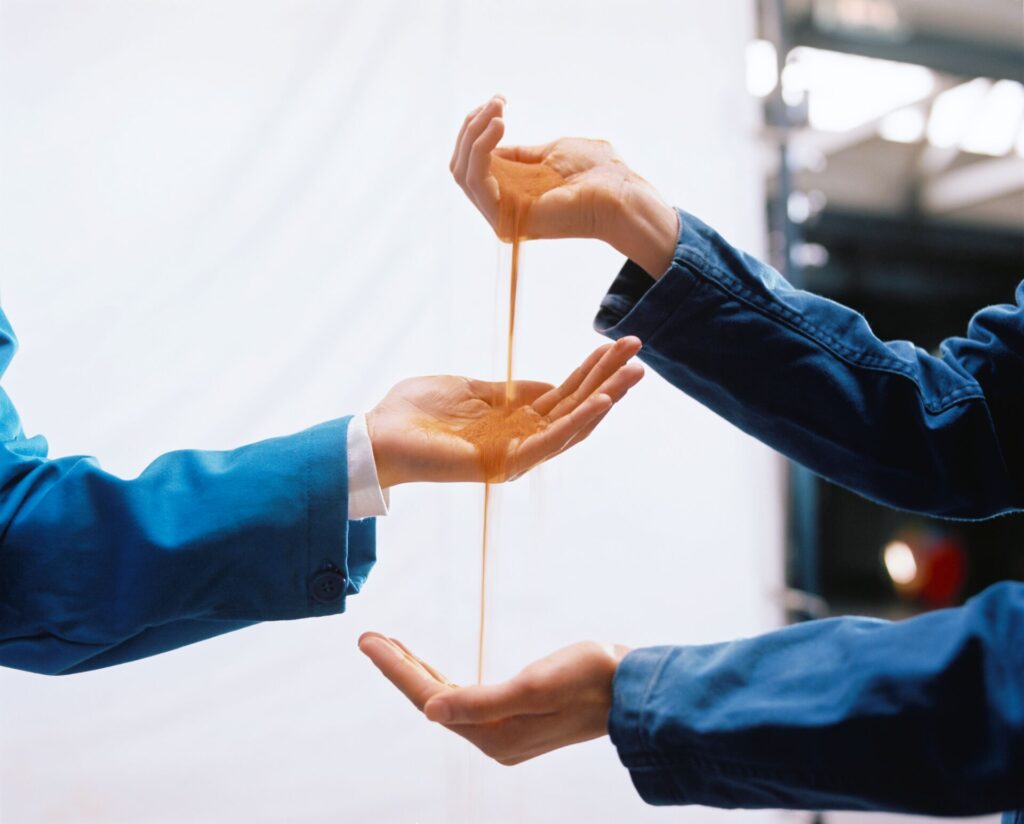
Expanding the eco-systems to drive social change
These eco-systems are designed to expand to also include innovators and other stakeholders with solutions capable of speeding up social change and boosting prospects for marginalised groups. To exemplify, the plastic waste collected by informal waste pickers in India is becoming a valued resource for the fashion industry. The reclaimed plastic is turned into buttons featured on millions of garments sold worldwide — increasing incomes and improving social recognition for waste pickers. And in Bangladesh, social entrepreneurs are collaborating with RMG (Ready Made Garment) factories to improve gender equality on the factory floor by piloting their innovations.
The traditional funding system needs to be disrupted. H&M Foundation’s new approach to social inclusion is a pilot aiming to encourage and inspire more donors to follow suit. As we move away from being a traditional donor, we strive to become a facilitator catalysing change and creating platforms for collaborations and partnerships. But we don’t expect to succeed immediately – tackling complex social issues takes time. Instead, we’re determined to test, fail, learn and test again until we find best practice that can be shared and replicated by other donors to improve the odds of reaching the Sustainable Development Goals by 2030.
The decade of action is still young, and the time to come together and explore more innovative solutions to the world’s most urgent challenges is now.
